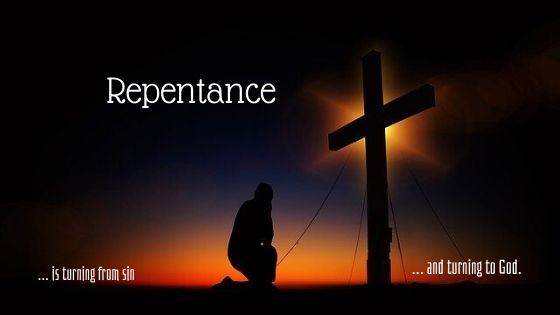Behold, Here Comes the Bridegroom
John 14:1-3 is one of the three passages often quoted whenever the topic of the rapture comes into play. Jesus promises that He would go to His Father’s house to prepare a place for us, and then come back to receive us to Himself. But no matter how wonderful this may sound, those who live … Read more










